Programme
PLAN OF FORUM
23 October, 2023
9.30-10.00
Registration of participants (foyer of the 2nd floor).
10.00-11.00
Opening of jubilee conference, greetings.
Welcoming speech.
12.30-13.00
Familiarity with the university — «visitting card.»
13.00-14.00
Coffee-break (146 aud.).
14.00-14.30
Exhibition of photographs (photo contest «History of the Forestry faculty in photographs») (foyer of the 2nd floor).
14.30-15.30
Continuation of the plenary reports of the conference (assembly hall).
15.30-16.30
Festive concert (assembly hall).
17.30-19.00
Festive dinner (banquet hall of VSUFT).
During all day after Welcoming speach.
Expositions (main building of VSUFT).
— Demonstration stand of scientific achievements of the faculty (patents, recommendations, scientific diplomas and letters);
— Knapsack field laboratory «NKV-R» for the study of reservoirs; mini-express laboratory «Pchelka-U» for the study of environmental indicators; express laboratory «quality control of honey»; taxidermy products;
— Samples of taxation equipment — GPS navigation, altimeters, boring, presentation of applied programs of the chair of forestry and forest inventory;
— Microscopes, devices for analyzing the biomaterial, instruments for determining the quality of seed germination;
— Floristic compositions; mock-ups of landscaping projects.
24 October, 2023
9.30-10.45
Work of sections (348, 306, 146 aud.).
10.45-11.15
Coffee-break / stand session (123 aud.).
11.15-13.00
Continuation of the sections (348, 306, 146 aud.).
13.00-14.00
Coffee-break (146 aud.)
14.20-16.00
Continuation of the sections (348, 306, 146 aud.).
14.00-16.30
25 October, 2023
Cultural activities and summarizing the results of the conference.
Cultural activities
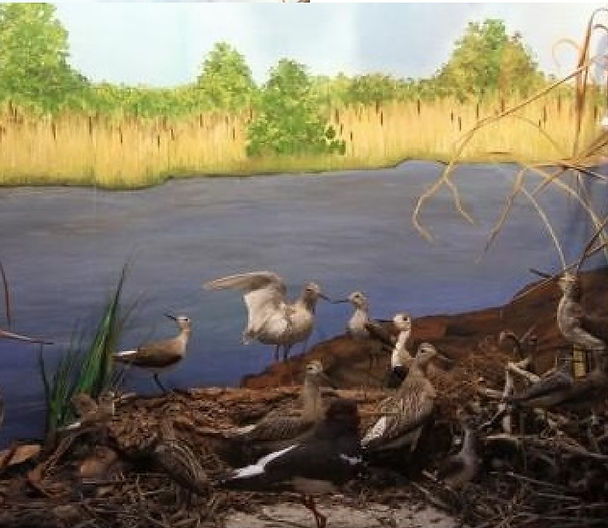 Excursion to the Forest Museum
Excursion to the Forest Museum
Auditorium 348 was created under the direction of Doctor of Biological Sciences, Professor, Honored Forestry Officer of the Russian Federation Kharchenko Nikolai Alekseevich, and bears his name. In it, with using of methods of herbarium, taxidermy, collecting, photographing, prototyping, composite modeling, biogeographical analysis and systematization, the Museum of Biodiversity is organized. In the museum there are panoramas of biocenoses. Posters depict representatives of various orders of birds and animals. The museum is designed to conduct training sessions, excursions, attract a wide range of visitors, allows you to exchange scientific and popular information about the organization of nature conservation.
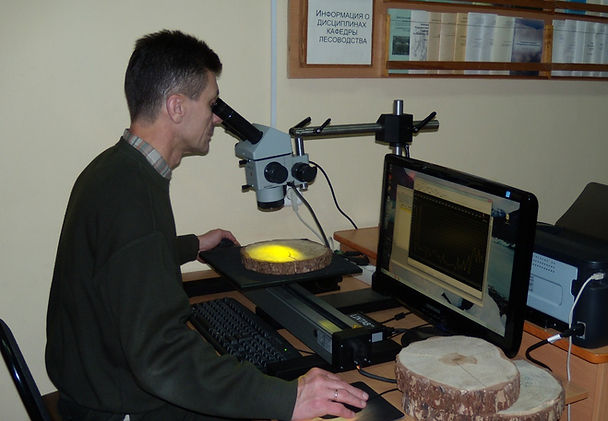 Excursion to the GIS-laboratory
Excursion to the GIS-laboratory
The Laboratory of Automated Control Systems and GIS Technologies of the Chair of Forestry, Forest Inventory and Forest Inventory of VSUFT (aud 306) is designed to implement the modern level of the educational process. The laboratory has an interactive training system. High technical equipment, allowing to solve the basic tasks of database formation, storage, analysis and visualization of the received materials.
On the basis of the department of forestry, forest inventory and forest inventory there is a device Lintab-6, invented in Germany by F. Rinn and is designed to study the dynamics of annual tree rings. The device is equipped with a professional computer program and TSAP-WIN. It allows to conduct research in the environment of dendroclimatology and dendrochronology.
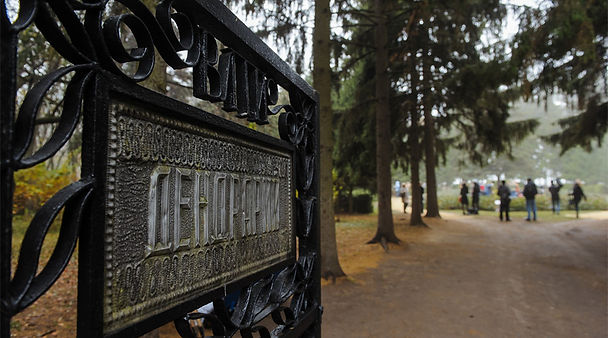 Excursion Arboretum of VSUFT
Excursion Arboretum of VSUFT
Arboretum of VSUFT — valuable in ecological, scientific, cultural and aesthetic relations, artificially created natural complex. The arboretum was planted in 1951-52. team of employees and students for academic and scientific purposes. The total area of 4 hectares. By now, there are more than 200 species and forms of trees and shrubs in the arboretum. The tasks of the arboretum include the creation of special plant collections in order to preserve the diversity and enrichment of the plant world, as well as the implementation of scientific, educational and educational activities.
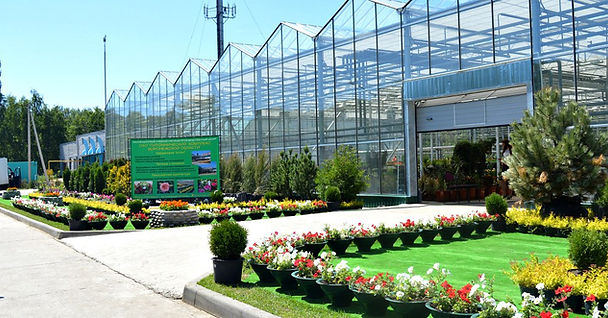 The Nursery complex of the Voronezh region
The Nursery complex of the Voronezh region
The Laboratory of the Nursery Complex produces planting material of elite plant genotypes in in vitro culture for the development of scientists for ornamental horticulture and plantation afforestation. The laboratory complex makes it possible to carry out a wide range of studies used in the breeding of farm animals and diagnosis of animal and plant diseases, from soil and water analysis to the introduction of a cloned seedlings into the crop, which at times increases the survival of plants and protects them from the influence of negative factors during the growth phase.
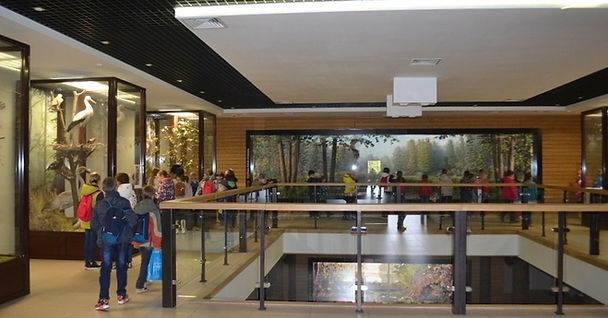 Voronezh State Nature Biosphere Reserve named after V.M. Peskov «Museum of Nature»
Voronezh State Nature Biosphere Reserve named after V.M. Peskov «Museum of Nature»
The Museum of Nature is a «window into the reserved nature». Visitors of the reserve to the museum are guided by excursions witch introduce them to the history of the reserve, its animal and vegetable world.
 Museum of Vasily Mikhailovich Peskov
Museum of Vasily Mikhailovich Peskov
a famous journalist, famous photographer and TV presenter. August 23, 2013 Voronezh State Nature Biosphere Reserve was named after Vasily Mikhailovich Peskov.
 Rope park «Yozhki dorogki»
Rope park «Yozhki dorogki»
Rope park «Yozhki dorogki» is an active recreation in nature in a picturesque place on the territory of the Central Manor of the Voronezh Reserve.
 Ecotrope
Ecotrope
A specially equipped forest route is within walking distance of the central square. In a small area you can see typical representatives of the flora of the Usman forest.
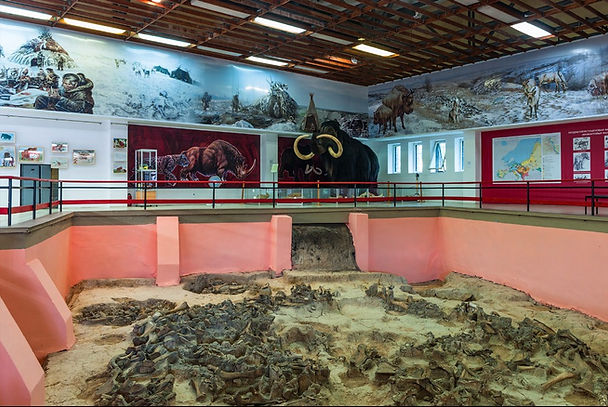 The State Archaeological Museum-Reserve «Kostenki»
The State Archaeological Museum-Reserve «Kostenki»
The Kostenki Museum-Reserve is located on the territory of 9 hectares of the villages of Kostenki and Borshchevo of the Khokholsky district of the Voronezh region and is a museum inside which the Stone Age monument is preserved — a dwelling of mammoth bones, as well as 60 monuments of the Upper Paleolithic. The museum’s funds include collections of stone and bone tools, works of art collected from different and different monuments of Kostenok. The greatest value is a preserved dwelling of mammoth bones. This is one of the first successful and most striking examples of the museification of an archaeological site in our country.